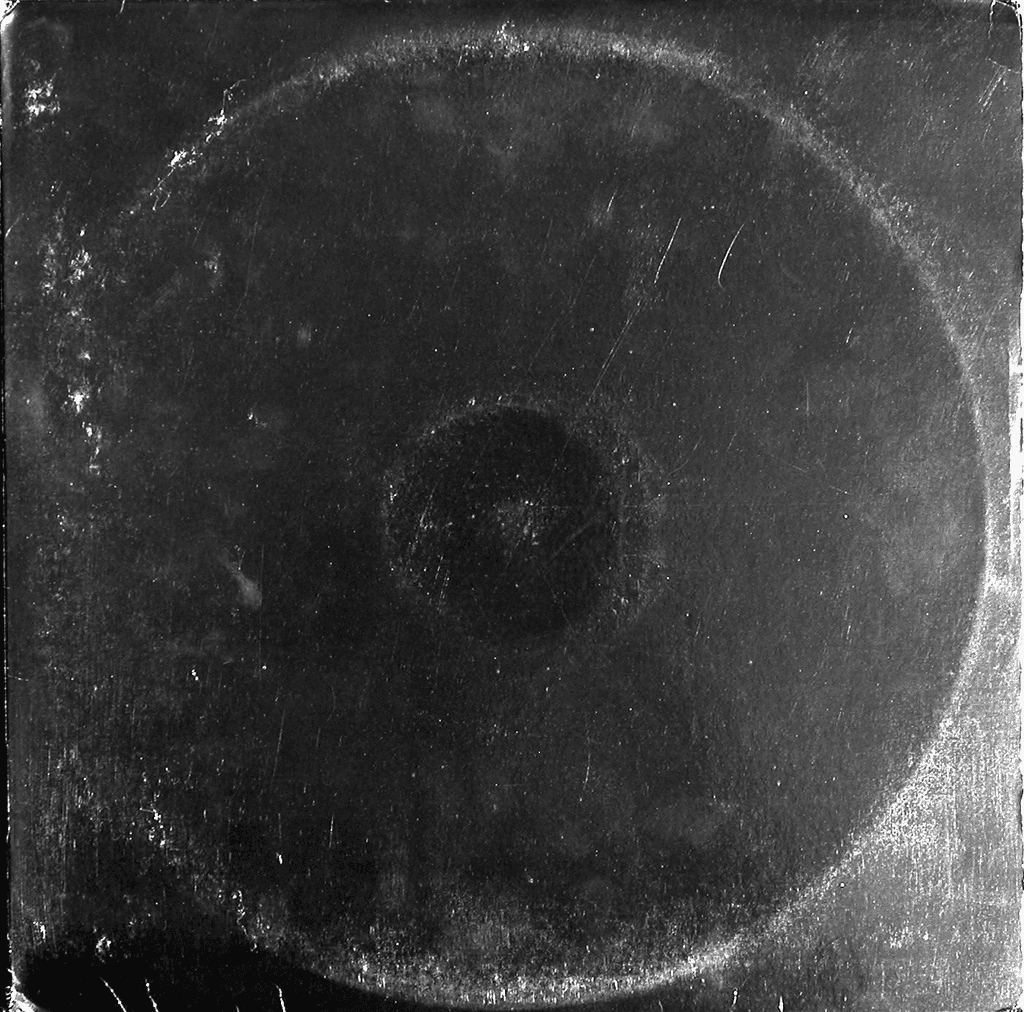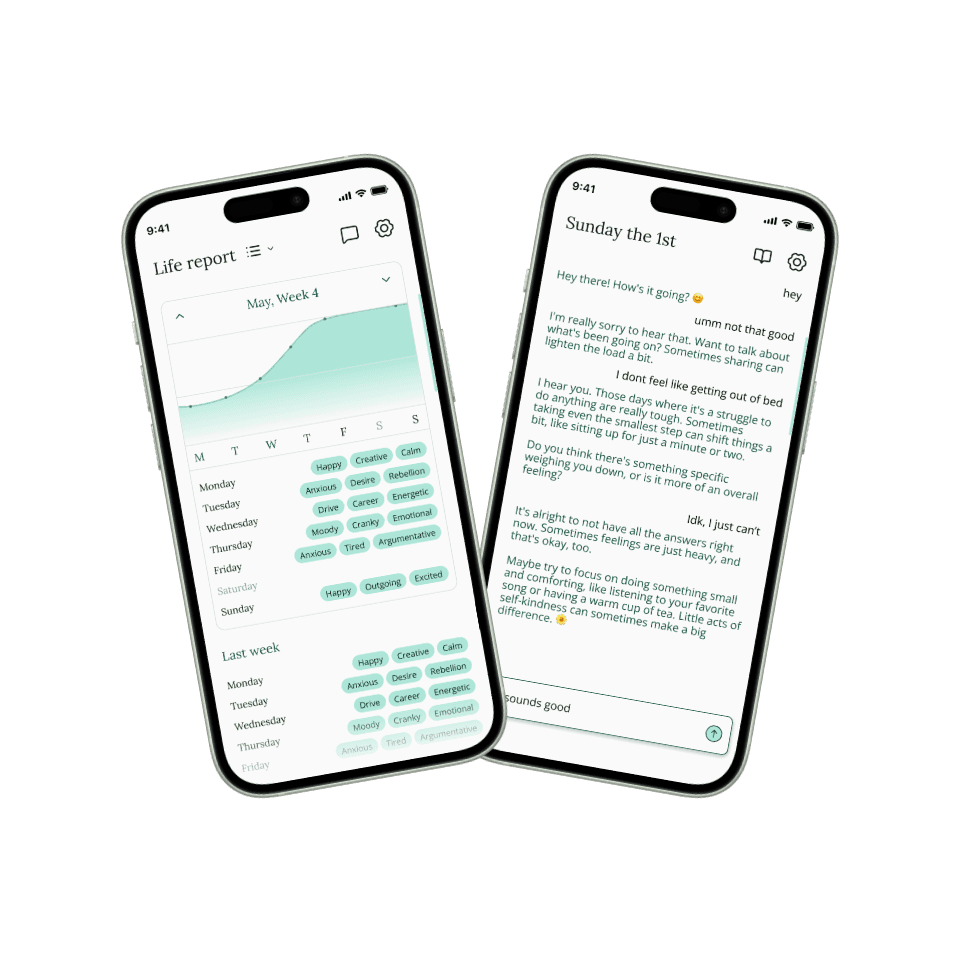
How to Know You Have a Good Therapist: 8 Clear Signs
How to Know You Have a Good Therapist: 8 Clear Signs
Sep 30, 2024
Sep 30, 2024
Finding the right therapist can significantly impact your mental health journey. While every therapeutic relationship is unique, there are certain indicators that can help you recognize when you have a good therapist. This guide will explore the key signs that suggest you're working with a qualified professional who can effectively support your growth and healing.
8 Signs You Have a Good Therapist
1. Professional Boundaries Are Clear and Consistent
A good therapist maintains appropriate professional boundaries by:
Setting and maintaining consistent session times
Being clear about their policies regarding cancellations and communication
Avoiding dual relationships (like being your friend on social media)
Respecting the therapeutic relationship's professional nature
2. They Listen Actively and Remember Details
Quality therapists demonstrate exceptional listening skills:
Recall important details from previous sessions
Reference past discussions when relevant
Take notes during sessions to track progress
Ask clarifying questions about your experiences
3. They Challenge You Respectfully
A good therapist knows how to:
Push you outside your comfort zone without overwhelming you
Question your thought patterns constructively
Help you identify blind spots in your thinking
Encourage growth while maintaining support
4. Their Expertise Matches Your Needs
An appropriate therapeutic match includes:
Specific experience with your concerns
Relevant training and certifications
Up-to-date knowledge of treatment approaches
Willingness to refer you to specialists when needed
5. They're Responsive to Your Feedback
Quality therapists demonstrate adaptability by:
Adjusting their approach based on your feedback
Checking in regularly about your comfort level
Being open to discussing the therapeutic relationship
Modifying techniques that aren't working for you
6. They Demonstrate Cultural Competence
Good therapists show cultural awareness by:
Respecting your cultural background
Understanding how culture influences mental health
Acknowledging their own cultural limitations
Incorporating cultural considerations into treatment
7. They Focus on Your Goals
Effective therapists maintain goal-oriented treatment by:
Helping you set clear therapeutic objectives
Regularly reviewing progress
Adjusting treatment plans as needed
Keeping sessions focused on your priorities
8. They Model Healthy Behavior
A good therapist demonstrates professionalism by:
Managing their own emotions effectively
Admitting and correcting mistakes
Maintaining appropriate personal disclosure
Showing up consistently and reliably
Red Flags That Suggest You Don't Have a Good Therapist
Be aware of these warning signs:
Frequent cancellations or schedule changes
Consistently running over or under session time
Sharing too much personal information
Making promises about specific outcomes
Being judgmental or imposing personal values
Violating confidentiality
Suggesting non-professional relationships
How to Evaluate Your Therapeutic Relationship
Consider these questions when assessing your therapist:
Do you feel respected and heard during sessions?
Is there clear progress toward your goals?
Do you feel safe discussing difficult topics?
Does your therapist maintain professional boundaries?
Are sessions focused on your needs and concerns?
Frequently Asked Questions About Good Therapists
How long should it take to know if a therapist is good for you?
While initial impressions matter, give yourself 3-4 sessions to evaluate the therapeutic fit. This allows time to move past initial anxiety and see how the therapist approaches your concerns.
What credentials should a good therapist have?
A good therapist should have appropriate licensing for your state or region, relevant education, and ongoing professional development. Specific credentials may vary based on their specialization.
Can a good therapist be wrong for me personally?
Yes. Even highly qualified therapists may not be the best fit for every client. The therapeutic relationship is unique, and it's okay to seek a different therapist if the connection isn't right.
Should a good therapist share personal experiences?
Limited self-disclosure is acceptable when it serves your therapeutic goals. However, the focus should remain on your experiences and growth.
What should I do if I'm unsure about my therapist?
Discuss your concerns directly with your therapist. A good therapist will welcome this conversation and either work to address your concerns or support you in finding a better fit.
Making the Decision to Stay or Switch
If you're questioning whether you have a good therapist, consider:
Discussing your concerns openly with your therapist
Reflecting on your progress and goals
Consulting with trusted friends or family members
Seeking a consultation with another professional
Trusting your instincts about the therapeutic relationship
Remember, finding the right therapist is crucial for your mental health journey. Don't hesitate to make a change if you feel your current therapeutic relationship isn't serving your needs.
If you're considering starting therapy or switching therapists, take time to research potential providers and schedule initial consultations to find the best fit for your needs.
Finding the right therapist can significantly impact your mental health journey. While every therapeutic relationship is unique, there are certain indicators that can help you recognize when you have a good therapist. This guide will explore the key signs that suggest you're working with a qualified professional who can effectively support your growth and healing.
8 Signs You Have a Good Therapist
1. Professional Boundaries Are Clear and Consistent
A good therapist maintains appropriate professional boundaries by:
Setting and maintaining consistent session times
Being clear about their policies regarding cancellations and communication
Avoiding dual relationships (like being your friend on social media)
Respecting the therapeutic relationship's professional nature
2. They Listen Actively and Remember Details
Quality therapists demonstrate exceptional listening skills:
Recall important details from previous sessions
Reference past discussions when relevant
Take notes during sessions to track progress
Ask clarifying questions about your experiences
3. They Challenge You Respectfully
A good therapist knows how to:
Push you outside your comfort zone without overwhelming you
Question your thought patterns constructively
Help you identify blind spots in your thinking
Encourage growth while maintaining support
4. Their Expertise Matches Your Needs
An appropriate therapeutic match includes:
Specific experience with your concerns
Relevant training and certifications
Up-to-date knowledge of treatment approaches
Willingness to refer you to specialists when needed
5. They're Responsive to Your Feedback
Quality therapists demonstrate adaptability by:
Adjusting their approach based on your feedback
Checking in regularly about your comfort level
Being open to discussing the therapeutic relationship
Modifying techniques that aren't working for you
6. They Demonstrate Cultural Competence
Good therapists show cultural awareness by:
Respecting your cultural background
Understanding how culture influences mental health
Acknowledging their own cultural limitations
Incorporating cultural considerations into treatment
7. They Focus on Your Goals
Effective therapists maintain goal-oriented treatment by:
Helping you set clear therapeutic objectives
Regularly reviewing progress
Adjusting treatment plans as needed
Keeping sessions focused on your priorities
8. They Model Healthy Behavior
A good therapist demonstrates professionalism by:
Managing their own emotions effectively
Admitting and correcting mistakes
Maintaining appropriate personal disclosure
Showing up consistently and reliably
Red Flags That Suggest You Don't Have a Good Therapist
Be aware of these warning signs:
Frequent cancellations or schedule changes
Consistently running over or under session time
Sharing too much personal information
Making promises about specific outcomes
Being judgmental or imposing personal values
Violating confidentiality
Suggesting non-professional relationships
How to Evaluate Your Therapeutic Relationship
Consider these questions when assessing your therapist:
Do you feel respected and heard during sessions?
Is there clear progress toward your goals?
Do you feel safe discussing difficult topics?
Does your therapist maintain professional boundaries?
Are sessions focused on your needs and concerns?
Frequently Asked Questions About Good Therapists
How long should it take to know if a therapist is good for you?
While initial impressions matter, give yourself 3-4 sessions to evaluate the therapeutic fit. This allows time to move past initial anxiety and see how the therapist approaches your concerns.
What credentials should a good therapist have?
A good therapist should have appropriate licensing for your state or region, relevant education, and ongoing professional development. Specific credentials may vary based on their specialization.
Can a good therapist be wrong for me personally?
Yes. Even highly qualified therapists may not be the best fit for every client. The therapeutic relationship is unique, and it's okay to seek a different therapist if the connection isn't right.
Should a good therapist share personal experiences?
Limited self-disclosure is acceptable when it serves your therapeutic goals. However, the focus should remain on your experiences and growth.
What should I do if I'm unsure about my therapist?
Discuss your concerns directly with your therapist. A good therapist will welcome this conversation and either work to address your concerns or support you in finding a better fit.
Making the Decision to Stay or Switch
If you're questioning whether you have a good therapist, consider:
Discussing your concerns openly with your therapist
Reflecting on your progress and goals
Consulting with trusted friends or family members
Seeking a consultation with another professional
Trusting your instincts about the therapeutic relationship
Remember, finding the right therapist is crucial for your mental health journey. Don't hesitate to make a change if you feel your current therapeutic relationship isn't serving your needs.
If you're considering starting therapy or switching therapists, take time to research potential providers and schedule initial consultations to find the best fit for your needs.
View more insightful blog articles
Today's tune



Track your mental health and get support between sessions with Verba
Learn more

Track your mental health and get support between sessions with Verba
Learn more

Track your mental health and get support between sessions with Verba
Learn more

Advait Naik
Advait is the founder of Verba and is working at the intersection of psychology, design and technology to create Verba, an app that helps us be more self aware through clarity and communicate our life in therapy